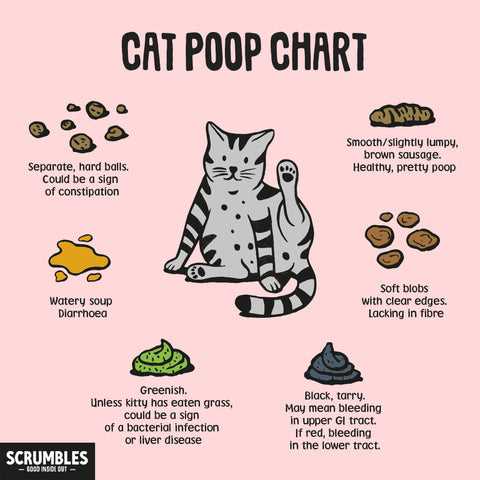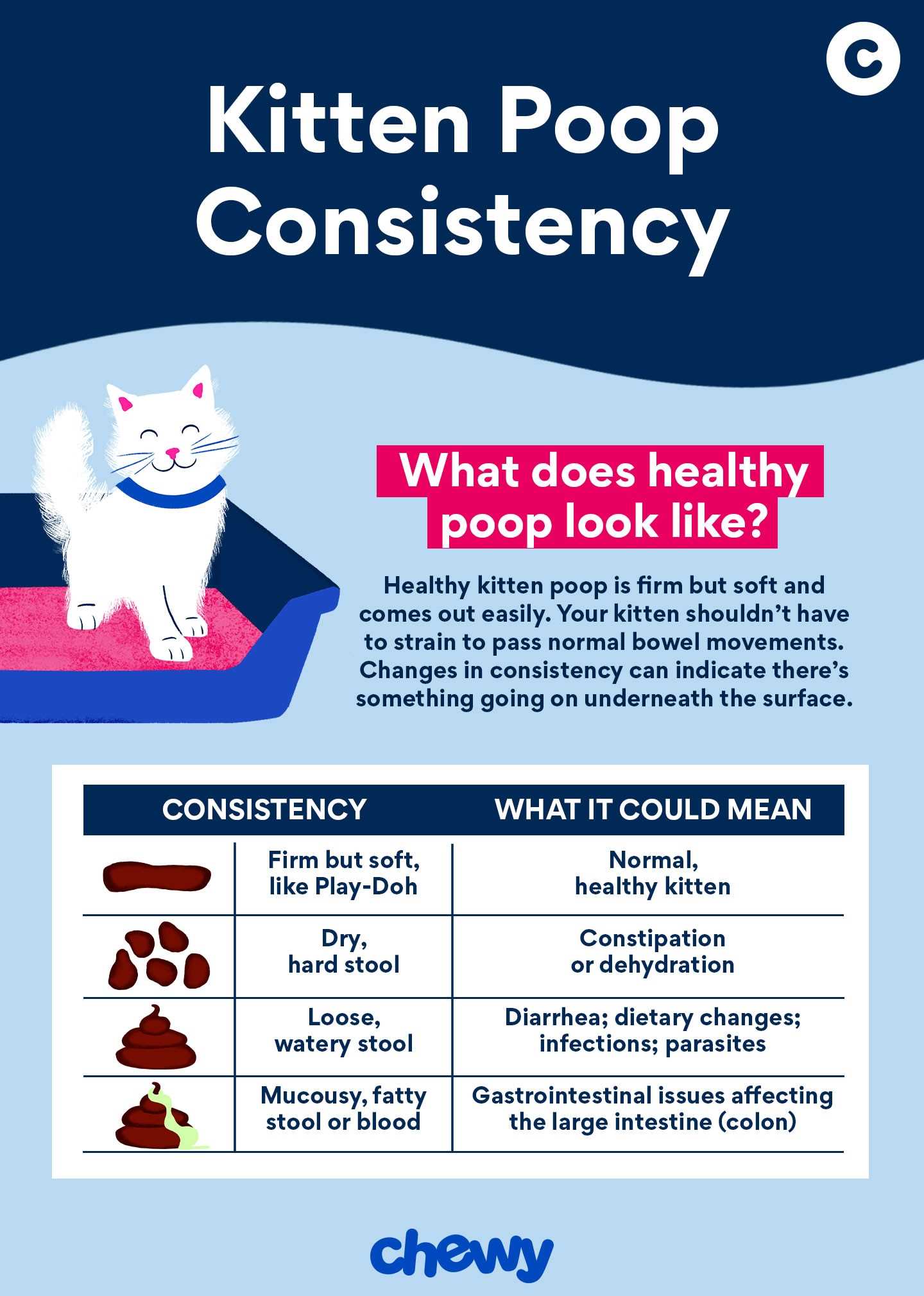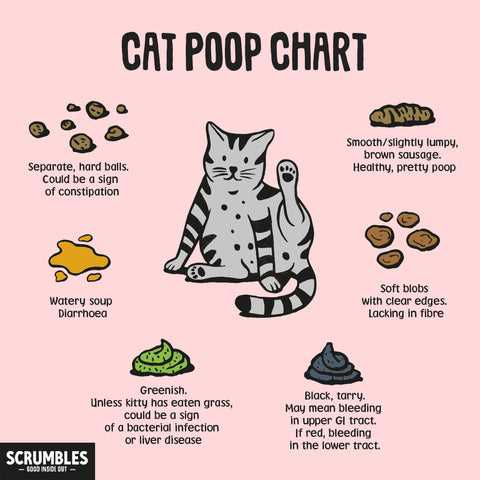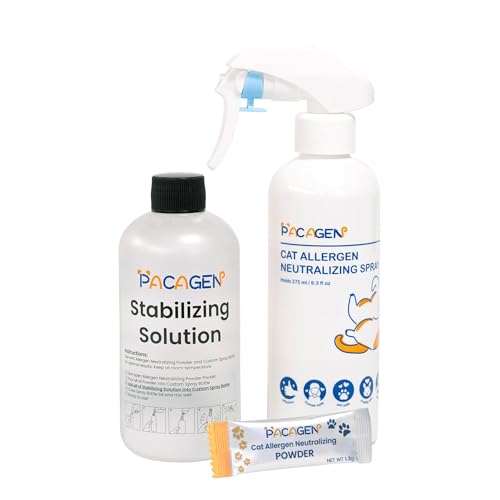



Adding a bit of canned pumpkin to meals can promote regularity. This fiber-rich ingredient supports digestive function and can help soften stools. Just a teaspoon mixed with regular food is enough to see results.
Incorporating a small amount of olive oil into the diet may also assist in easing any discomfort related to bowel movements. A few drops mixed into the feed can lubricate the intestines and facilitate smoother passage.
Hydration plays a critical role in maintaining digestive health. Ensuring access to fresh water at all times encourages drinking. Some furry friends enjoy water fountains, which can make hydration more appealing.
Finally, exercise is essential. Playtime with engaging toys can stimulate movement and encourage a healthy digestive tract. Regular activity supports overall well-being and can lead to improved bathroom habits.
What to Offer for Smooth Digestion

Introducing a small amount of canned pumpkin can significantly aid in alleviating constipation. Its high fiber content encourages regular bowel movements. Make sure to use plain pumpkin without added sugars or spices.
Hydration Matters
Ensuring adequate water intake is crucial. Encourage sipping by providing fresh water daily. Adding a splash of low-sodium chicken broth can make it more appealing, promoting hydration and softer stools.
Fiber-Rich Foods
Incorporating fiber-rich treats, such as green beans or cooked sweet potatoes, can enhance digestive health. These options not only add variety to meals but also support regularity. Always introduce new foods gradually to avoid digestive upset.
Identifying Signs of Constipation in Cats

Observe for infrequent bathroom visits. If I go more than two days without releasing, it’s a red flag. Straining during elimination is another telltale sign. If I spend excessive time in the litter box without results, pay attention.
Watch for changes in appetite. A decrease in my food intake may indicate discomfort. Vomiting or lethargy can also point to digestive issues. If I seem restless or uncomfortable, it’s time to investigate further.
Monitor my behavior. If I start hiding or avoiding interaction, it might suggest something is wrong. A distended abdomen is a physical indicator; you may notice my belly looks swollen or feels tense to the touch.
Keep an eye on my litter box habits. If I produce dry, hard feces, that’s a sign of trouble. Also, note if I begin to lick excessively around my rear area, as it may indicate irritation from constipation.
For more information on dealing with various animal-related challenges, check this link: best 9mm rounds for wild dogs.
Safe Dietary Changes for Promoting Bowel Movements
Incorporating fiber-rich foods into meals can enhance digestive health. Consider adding canned pumpkin or psyllium husk, which promotes smooth passage. Start with small amounts to monitor how they affect digestion.
Recommended Fiber Sources

- Canned pumpkin (plain, not spiced)
- Psyllium husk powder
- Cooked carrots or green beans
- Oatmeal in moderation
Hydration plays a significant role. Ensure ample fresh water is available to encourage fluid intake. Wet food can also increase moisture consumption, which aids in digestion.
Introducing New Foods Gradually
- Start with a small portion of the new item mixed into regular meals.
- Observe for any signs of discomfort or changes in behavior.
- If well-tolerated, gradually increase the amount over several days.
Monitor overall health closely. If issues persist after dietary adjustments, consulting a veterinarian is advisable for further guidance.
Hydration Tips to Encourage Regularity in Cats
Water intake plays a significant role in maintaining digestive health. I enjoy fresh, clean water daily to support my system. Here are some hydration strategies that work well:
| Tip | Description |
|---|---|
| Provide Fresh Water | Change my water daily to keep it appealing and ensure I drink enough. |
| Use a Water Fountain | The sound of flowing water attracts attention and encourages drinking more. |
| Add Water to Food | Mix water into my wet food to increase liquid intake and enhance flavor. |
| Ice Cubes | Ice cubes in my bowl are fun and cool, making it more interesting for hydration. |
| Broth Treats | Low-sodium chicken or beef broth can be a tasty way to boost hydration. |
| Encourage Play | Engaging in playtime can stimulate thirst, prompting me to drink more. |
Pay attention to my drinking habits. If I seem less interested in water, try altering the bowl’s location or material. A little experimentation can lead to better hydration and a happier tummy!
Over-the-Counter Solutions for Cat Constipation
For quick relief from discomfort, consider specific over-the-counter products designed for felines. Here are some options that I’ve found helpful:
- Pumpkin Puree: Canned pumpkin (not the spiced pie filling) is a natural source of fiber. A teaspoon added to meals can aid digestion.
- Miralax: This osmotic laxative is safe in small doses. Mixing a quarter of a teaspoon with food may help promote regularity.
- Feline Fiber Supplements: Products containing psyllium or other fibers can assist in softening stool. Follow the package instructions for dosage.
- Probiotics: Supplements that promote gut health can enhance digestive function. Look for those specifically formulated for felines.
Choosing the Right Product
Selecting the right remedy depends on individual needs. Always consult with a veterinarian before introducing new products to ensure safety and suitability. Monitoring your companion’s response after administration is key to finding what works best.
Regular Monitoring
Keep an eye on your furry friend’s bathroom habits. If issues persist despite using these solutions, professional guidance is essential to rule out underlying health concerns.
Natural Remedies: Foods and Supplements for Cats
Including pumpkin puree in meals can work wonders for digestion. A couple of teaspoons mixed with regular food offers fiber that promotes smooth bowel movements. Ensure it’s plain pumpkin, not the spiced pie filling.
Adding a small amount of cooked sweet potato or squash is another great option. These vegetables contain soluble fiber, aiding in stool formation and easing any discomfort.
Beneficial Supplements
Consider using a fiber supplement specifically designed for felines. Products containing psyllium husk can be effective. Follow the dosage instructions carefully, usually a teaspoon mixed with food should suffice.
Probiotics also play a significant role in gut health. A daily dose can enhance digestion and balance intestinal flora, leading to regularity. Look for feline-specific probiotic options to ensure safety and efficacy.
Hydration and Natural Oils
Incorporating a bit of olive oil or fish oil into meals can help lubricate the digestive tract. Just a teaspoon can encourage smoother passage and alleviate discomfort caused by hard stools.
Lastly, always ensure access to fresh water. Adequate hydration is key to preventing constipation. Offering wet food, in addition to dry, can significantly increase fluid intake.
When to Consult a Veterinarian About Cat Constipation
If my bowel movements are absent for more than two days, it’s time for a visit to the vet. This delay can indicate a serious issue that requires professional attention. Signs of distress such as vomiting, lethargy, or a painful abdomen should trigger an immediate consultation.
If attempts at dietary adjustments or home remedies don’t yield results within 24 hours, seeking veterinary advice is essential. Persistent straining or discomfort while attempting to relieve myself signifies an underlying problem that must be addressed by a professional.
In cases where I notice blood in my stool or any unusual changes in my appetite, these are red flags that warrant a prompt examination. Regular check-ups can also help monitor my overall health and prevent future issues related to digestion.
Pet parents should never hesitate to reach out to their veterinarian if they have concerns about their furry friend’s bathroom habits. Proactive health management ensures a happy and healthy life. Remember, it’s always better to be safe than sorry!
For those with curious minds or design questions, check out the best couch material for cats with claws. It’s always nice to have comfy spots to relax while taking care of my health!








